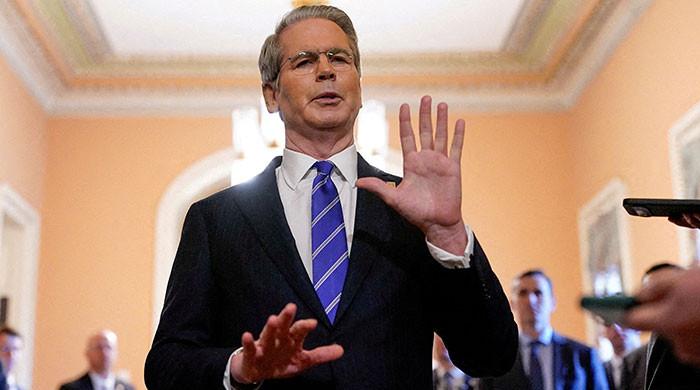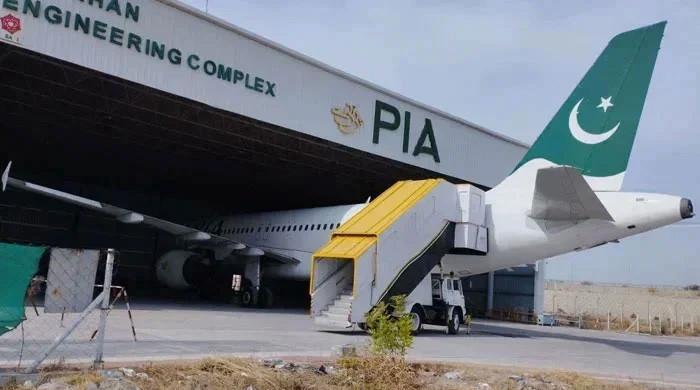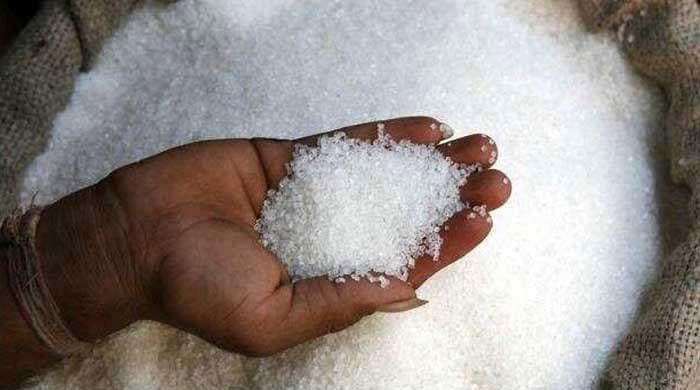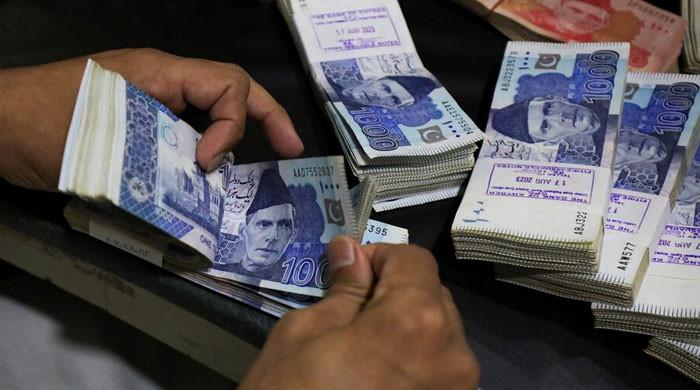Pakistan decides to expand strategic petroleum reserves as tensions escalate in Middle East
"Ogra will immediately develop the new framework with the help of global experts," sources say
November 05, 2023
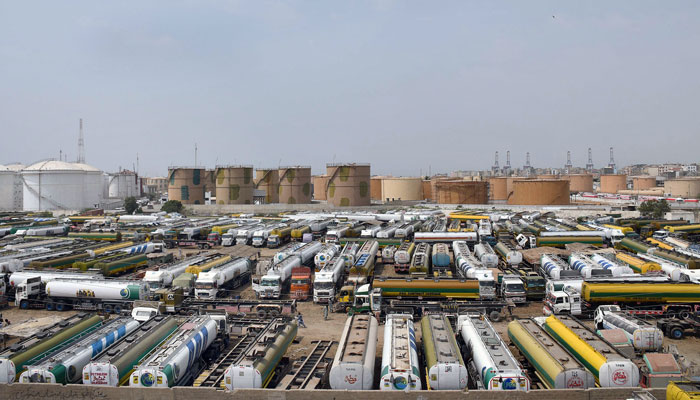
- Ogra to immediately develop new framework, sources say.
- Sources say there is an urgent need to increase storage capacity.
- Thorough assessment needed to assess final reserves and duration.
As the Middle East remains surrounded by tensions, the caretaker government has decided to expand the country's strategic petroleum reserves, sources within the Petroleum Division said.
The government's move is triggered after Israel's ongoing war on Gaza, which began following a surprise attack on an Israeli kibbutz by Hamas, a resistance group fighting for a free Palestine, almost a month ago.
The sources said there is an urgent need to increase the storage capacity of petroleum reserves as Pakistan imports its fuel from other countries.
The final reserves and the duration of how long they can last can only be determined after a thorough assessment of the country's requirements, as per the sources.
The sources also mentioned that the government, through the Oil and Gas Regulatory Authority (Ogra), has decided to develop a framework for the strategic petroleum reserves.
"Ogra will immediately develop the new framework with the help of global experts," the sources said.
The new framework, it added, will determine domestic crude oil, refined petroleum requirements and storage, while the duration of strategic petroleum reserves of various products will also be included.
Increase in global oil prices expected: World Bank
Last month, the World Bank's latest report forecast that global oil prices could up to $140 to $157 a barrel in case of a "large disruption" scenario in the Middle East, resembling the impact of the 1973 Arab oil embargo.
The report read that global oil prices will average around $90 a barrel in the fourth quarter of this year and decrease to an average of $81 in 2023 due to slowing economic growth, which reduces demand for oil.
However, the report also highlights a significant risk that an escalation of the ongoing Middle East conflict could cause a substantial spike in oil prices.
The report points out that since the start of the Israel-Hamas war, oil prices have increased by only about 6%, whereas prices for agricultural commodities, most metals, and other commodities have seen minimal changes.
The report discusses three risk scenarios based on historical conflicts in the region, with varying degrees of disruption. In the event of a "small disruption," equivalent to the reduction in oil output observed during the 2011 Libyan civil war (about 500,000 to 2 million barrels per day), oil prices could rise to a range of $93 to $102 a barrel in the fourth quarter.





